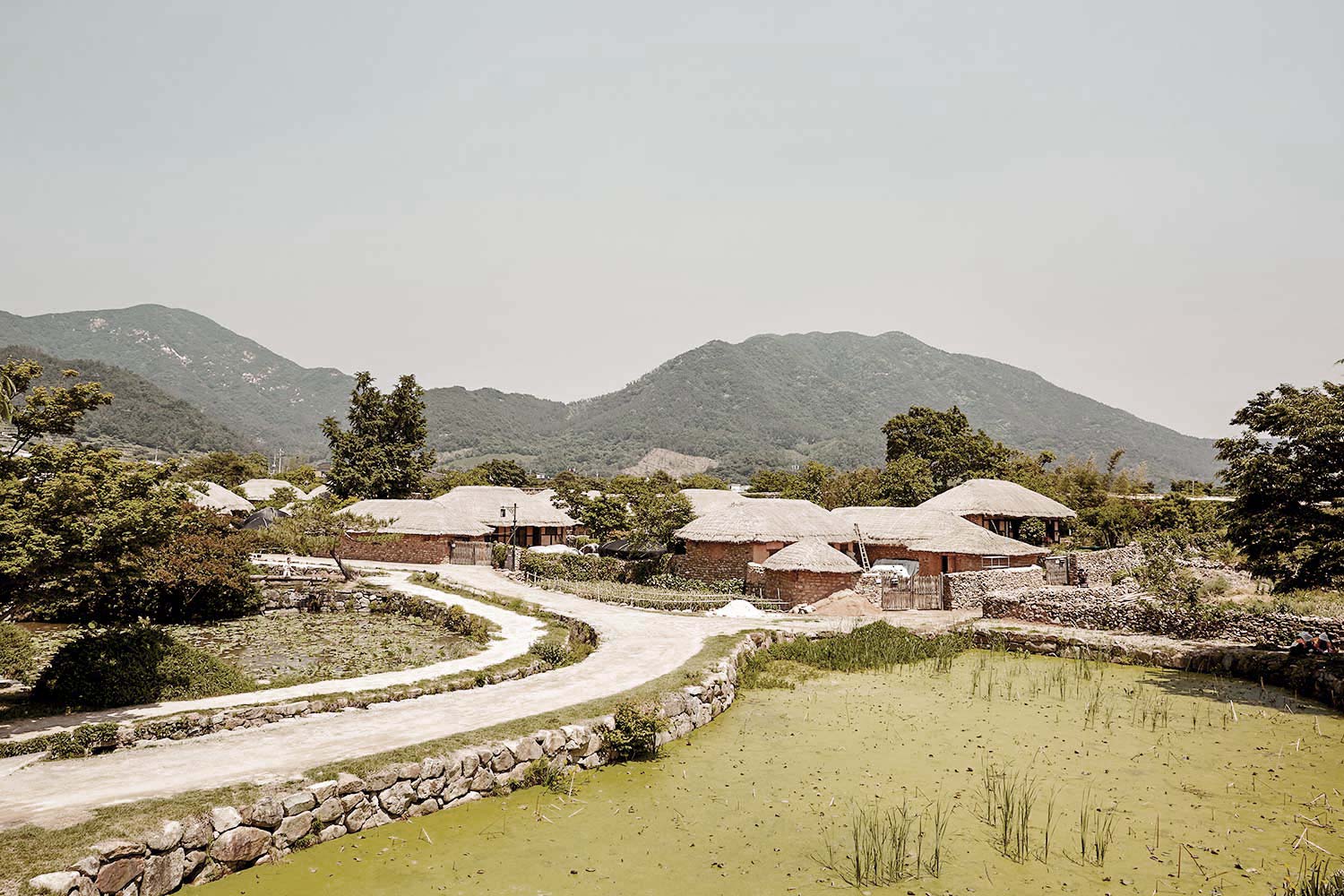
In Joseon Dynasty in Korea, married women could hardly visit their parents. At that time, a married daughter was no longer a member of her own family and had to become a member of her husband’s family thoroughly.
Such daughters-in-law were allowed one-day trip to their parents around Chuseok, an autumn festival, after a busy farming season. But staying away from home overnight was not considered acceptable for women. What was worse, if their parents lived far, it was not easy for them to return home the same day. That’s why they had banbogi. Banbogi was a custom of married daughters’ meeting their family members at the midpoint between the two villages. In anticipation of banbogi, women prepared special delicacies for the picnic with their family members whom they had long been missing. As they had to return home before sunset, it was a very affectionate time.
Ban means “half” and bogi means “seeing.” So it is also said that banbogi was named as married daughters could only see half of their family members or they could see half their mother’s face because of tears when they were parting.
In those days when women’s outing was not free and means of communication was not developed, banbogi was a tearful leave that comforted women’s yearning for their family and hard married life in the parents-in-law’s house.